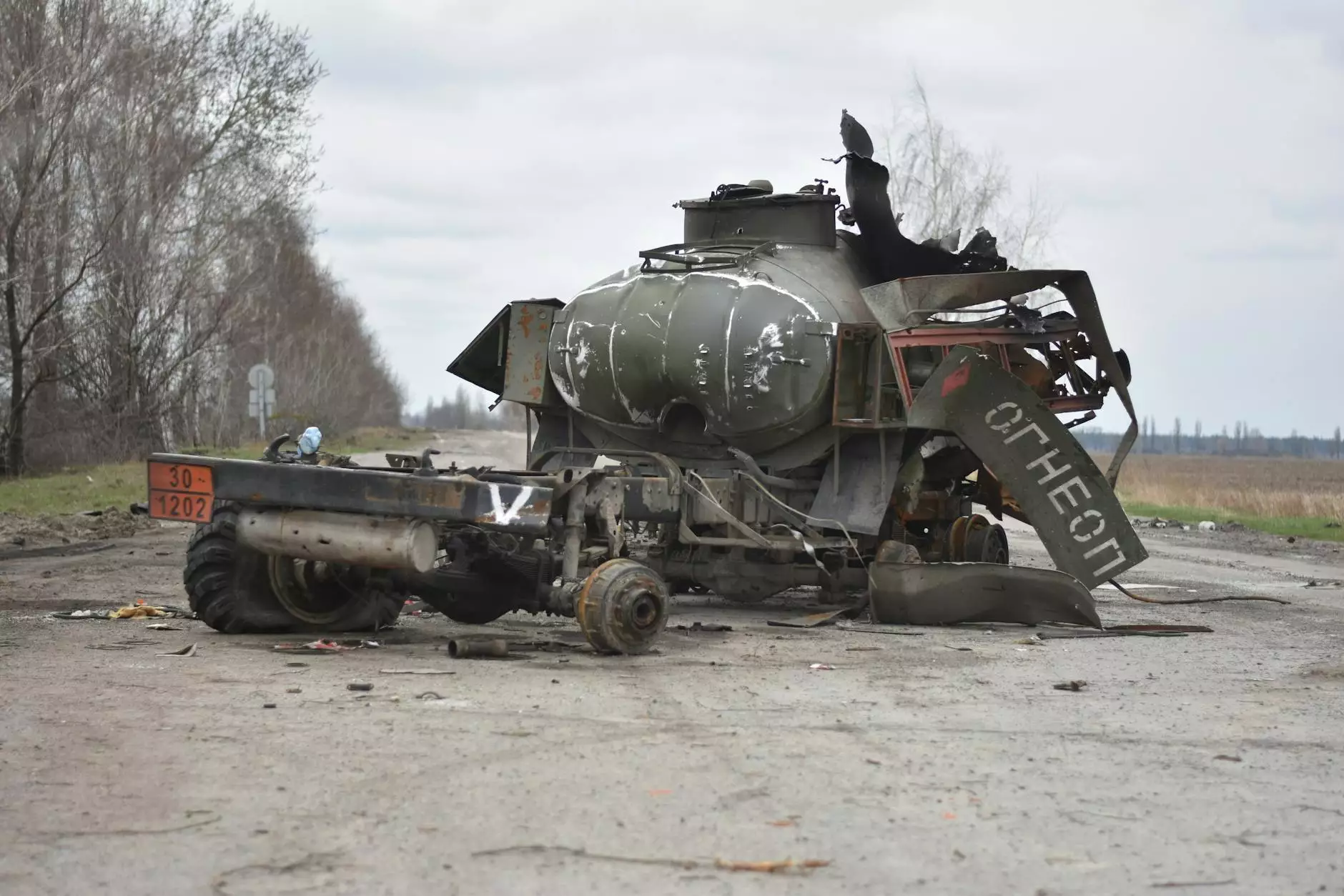Understanding the Role of a Cancer Doctor: Expertise in Oncology

Cancer doctors, also known as oncologists, play a pivotal role in the healthcare system, particularly in the specialized field of oncology. They are highly trained medical professionals who focus on diagnosing, treating, and managing various types of cancer. Their expertise not only encompasses the medical aspect of cancer care but also includes emotional and psychological support for patients and their families. This comprehensive article aims to elucidate the multifaceted role of cancer doctors, their responsibilities, and their impact on patient outcomes.
What is Oncology?
Oncology is the study and treatment of cancer. It involves various sub-specialties, each focusing on different aspects of cancer care. The field of oncology has evolved significantly over the years, leading to improved methods of diagnosis and treatment. Cancer doctors specialize in several areas and utilize a combination of methods to combat this complex disease.
Types of Cancer Doctors
Cancer doctors can be categorized into several types, each focusing on different aspects of cancer treatment:
- Medical Oncologists: These specialists manage cancer treatment primarily through chemotherapy, biological therapy, and targeted therapies.
- Surgical Oncologists: They focus on the surgical removal of tumors and surrounding tissue. They play a crucial role in diagnosing cancer and determining staging.
- Radiation Oncologists: These doctors specialize in treating cancer with radiation therapy, which can shrink or kill cancer cells.
- Gynecologic Oncologists: They specialize in cancers affecting the female reproductive system, including ovarian, uterine, and cervical cancers.
- Pediatric Oncologists: These oncologists focus on diagnosing and treating cancer in children.
- Hematologist-Oncologists: They deal with cancers of the blood, such as leukemia and lymphoma.
The Responsibilities of a Cancer Doctor
The role of a cancer doctor extends far beyond treatment. Their responsibilities include:
- Diagnosis: Cancer doctors utilize advanced imaging techniques, biopsies, and laboratory tests to diagnose cancer accurately.
- Treatment Planning: They devise individualized treatment plans based on the specific type and stage of cancer, considering the patient's overall health and preferences.
- Administration of Treatments: Cancer doctors oversee the administration of chemotherapy, immunotherapy, and targeted therapies, ensuring that each treatment's side effects are managed effectively.
- Coordination of Care: They work with a multidisciplinary team, including nurses, radiologists, surgeons, and support staff to provide comprehensive care.
- Patient Support: Cancer doctors offer emotional support by addressing patient's concerns, providing education about their condition, and guiding them through the treatment process.
- Research and Advocacy: Many cancer doctors participate in research trials to contribute to advancements in cancer treatment and care. They often advocate for their patients' needs within the healthcare system.
How Do Cancer Doctors Diagnose Cancer?
The diagnosis of cancer is often a complex process that involves various diagnostic tests and procedures. The sequence typically includes:
- Medical History Review: A thorough analysis of the patient's medical history, including any symptoms, family history of cancer, and prior health issues.
- Physical Examination: A comprehensive physical exam to assess symptoms and signs that may indicate the presence of cancer.
- Imaging Tests: Technologies such as X-rays, CT scans, MRIs, and PET scans help visualize the internal structures of the body.
- Biopsy: The most definitive method for diagnosis, this involves taking a small tissue sample from the suspected tumor and examining it under a microscope.
- Pathological Examination: A pathologist analyzes the biopsy sample to determine the type and aggressiveness of the cancer.
What Are the Treatment Options Provided by Cancer Doctors?
The treatment for cancer varies significantly based on the type, stage, and overall health of the patient. Here are the primary treatment options offered by cancer doctors:
1. Surgery
Surgical intervention is often the first line of treatment for many types of cancer. It involves the removal of the tumor and a margin of surrounding tissues to ensure all cancer cells are eliminated. Surgical oncologists are skilled at performing these operations, and their expertise is critical in ensuring the patient's recovery.
2. Chemotherapy
Chemotherapy uses powerful drugs to kill cancer cells. It can be administered intravenously or orally, often in cycles to allow the body to recover from side effects. Medical oncologists are specialists in the administration and management of chemotherapy.
3. Radiation Therapy
This treatment employs high-energy rays to target and kill cancer cells. Radiation oncologists prepare the treatment plan and deliver the radiation precisely to minimize exposure to healthy tissue.
4. Immunotherapy
Immunotherapy utilizes the patient's immune system to fight cancer. It enhances the body’s natural defenses against cancer and is increasingly becoming a standard treatment for various cancers.
5. Targeted Therapy
Targeted therapy focuses on specific molecular targets associated with cancer. By understanding the genetic makeup of a cancer, oncologists can prescribe medications that specifically inhibit the growth of cancer cells.
6. Hormonal Therapy
This type of therapy is primarily used for cancers that are hormone-sensitive, like breast and prostate cancer. It aims to block the body's natural hormones from promoting cancer growth.
Emotional and Psychological Support from Cancer Doctors
Beyond physical treatment, cancer doctors play a vital role in addressing the emotional and psychological needs of their patients. The diagnosis of cancer can lead to anxiety, depression, and fears about the future. Understanding this, cancer doctors offer support by:
- Providing clear and compassionate communication about the condition and treatment options.
- Offering referrals to counseling services and support groups.
- Encouraging open dialogue about feelings and concerns throughout the treatment process.
- Involving family members and caregivers in discussions to ensure a support system is in place for the patient.
Advancements in Cancer Treatment: The Future of Oncology
The field of oncology is continually evolving, with ongoing research leading to more effective treatments and better patient outcomes. Some exciting advancements include:
- Personalized Medicine: This approach tailors treatment based on a patient's genetic profile, allowing for more individualized therapy.
- CAR-T Cell Therapy: This innovative treatment modifies a patient's T cells to better attack cancer cells, providing promising outcomes in certain leukemias and lymphomas.
- Liquid Biopsies: These non-invasive tests detect cancer markers in blood samples, allowing for earlier diagnosis and monitoring of cancer progression.
- Telehealth Services: Virtual consultations are becoming more common, providing increased access to oncologists for patients in remote areas.
How to Choose the Right Cancer Doctor
Selecting the right cancer doctor is crucial for effective treatment. Here are some factors to consider:
- Specialization: Ensure the doctor specializes in your specific type of cancer.
- Experience: Look for a doctor with extensive experience in treating your condition.
- Hospital Affiliations: Consider the reputation of the hospital or clinic where the oncologist practices.
- Patient Reviews: Read testimonials and reviews from former patients to gauge satisfaction and care quality.
- Communication Style: Choose a doctor who listens to your concerns and communicates effectively.
Conclusion
The role of a cancer doctor is indispensable in the fight against cancer. Their expertise not only includes advanced medical knowledge but also a deep understanding of the emotional challenges faced by patients and their families. By working closely with multidisciplinary teams, cancer doctors enhance the quality of care, leading to better outcomes for those diagnosed with this formidable disease. As advancements in research continue to emerge, the future of oncology looks promising, with new treatments and technologies enhancing the quality of life for cancer patients worldwide.
For more information on cancer care and to find a qualified cancer doctor near you, visit oncologicalsurgery.net.









